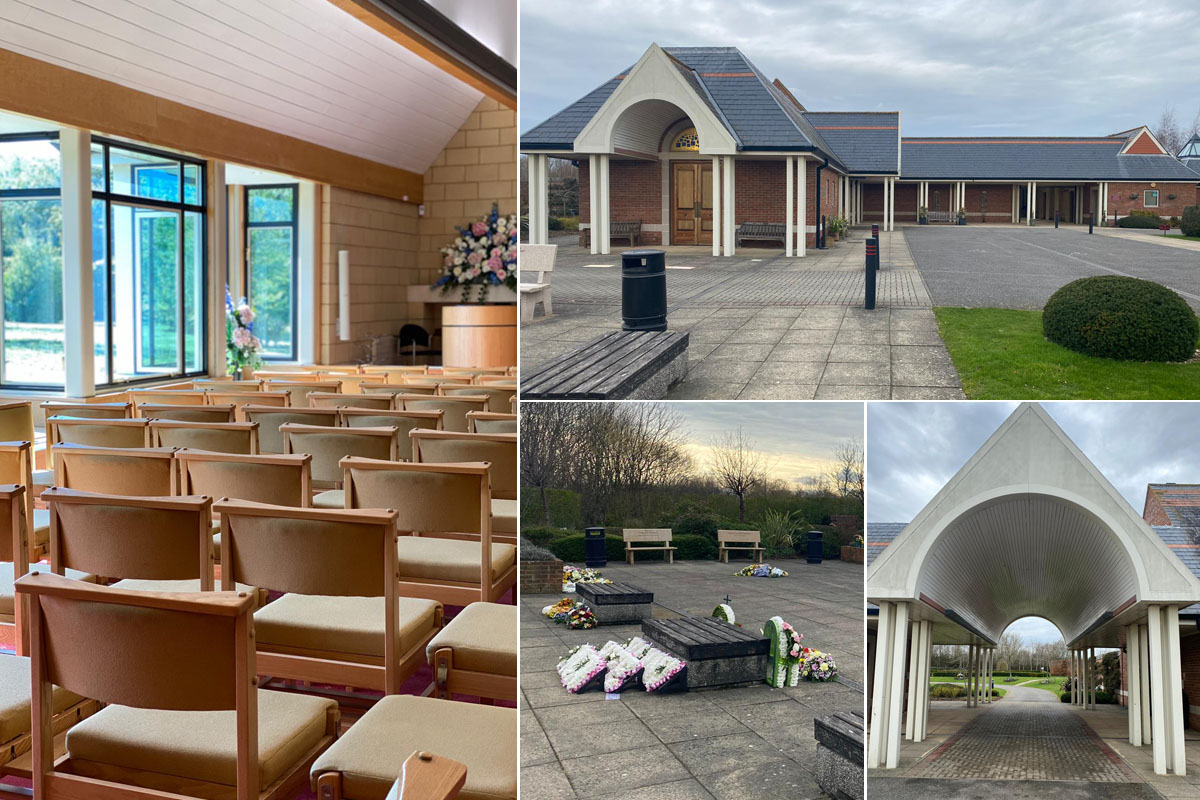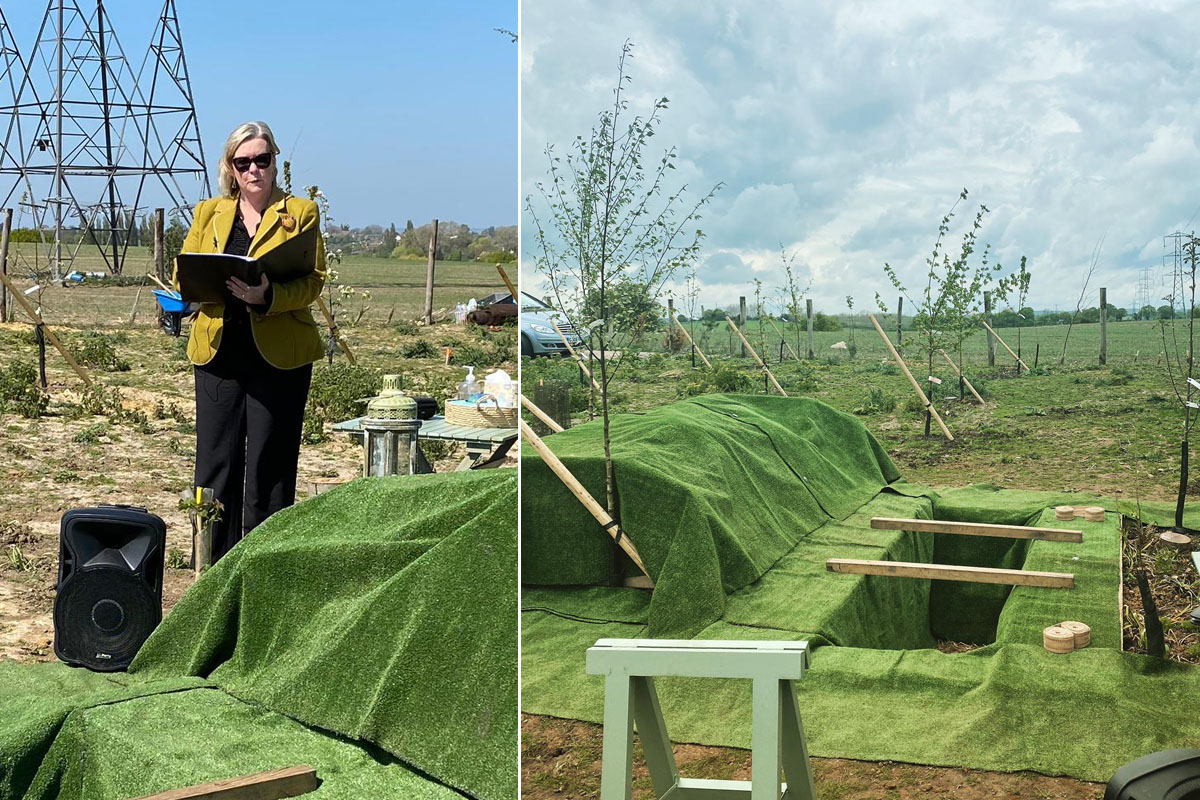Cremation or Burial
Choosing between cremation and burial often depends on personal, cultural, and religious preferences. Cremation offers a more environmentally efficient option, requiring less land and avoiding the use of embalming chemicals. It also provides flexibility in memorialization, with options such as scattering ashes, keeping them in an urn, or interring them in a cemetery. Burial, on the other hand, aligns with traditional practices and may offer a tangible location for loved ones to visit. Factors such as cost, environmental concerns, and emotional comfort play crucial roles in this decision. Ultimately, individuals and families should consider their values, beliefs, and the significance of rituals when making this choice.
Cremation
Cremation is certainly more popular these days and you may have a cremation at any Crematorium you wish.
The nearest Crematorium to our offices is the Garden of England Crematorium at Bobbing. However we serve all crematoria throughout the UK.
A casket is not required for cremation, but most places require a rigid container for the body.
Most crematories only cremate one body at a time to avoid mixing ashes.
The ashes, also known as cremains, are usually placed in an urn. Families can choose to scatter them in a meaningful location, keep them in a memorial, or inter them in a cemetery.
Many crematoriums offer the option for family members to witness the start of the cremation process. This can provide closure and comfort to some.
Cremation can have a lower environmental impact compared to traditional burial, as it doesn’t involve land use or the potential for embalming chemicals in the ground.
The body is placed in a cremation chamber, where it is exposed to high temperatures (around 1,400-1,800 degrees Fahrenheit) until only ashes remain.
Cremation is a process that uses intense heat to reduce a deceased body to ashes, typically within a few hours.


Burial
We do of course carry out burials. This may be in a Churchyard, Parish Cemetery or Local Authority Burial Ground.
If you require a ‘New’ grave we will assist in finding out which cemeteries are open for new interments and advise you of the appropriate fees. If you already have an existing grave we will ensure that there is room for another interment and make all of the arrangements on your behalf.
Graves are usually dug to a depth of about 6 feet, but this can vary based on local regulations.
Many cemeteries have sections designated for the burial of cremated remains, either in the ground or in columbariums.
A green burial involves burying the body in a way that minimizes environmental impact, often without embalming and in a biodegradable casket or shroud.
Laws regarding burial on private property vary by location. It’s important to check local regulations.
Embalming is the preservation of the body using chemicals. It’s not always necessary and is often a personal or religious choice. Some opt for refrigeration instead.
Some cemeteries require a burial vault or liner to prevent the ground from sinking. However, it’s not a legal requirement everywhere.
Traditional burial involves placing a deceased body in a casket and interring it in the ground in a cemetery.
These are general answers, and specific details may vary based on local laws, customs, and individual preferences. At Whitmey Funerla Directors we are happy to give you the most accurate and relevant information that will help you make your choice.



